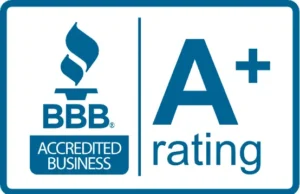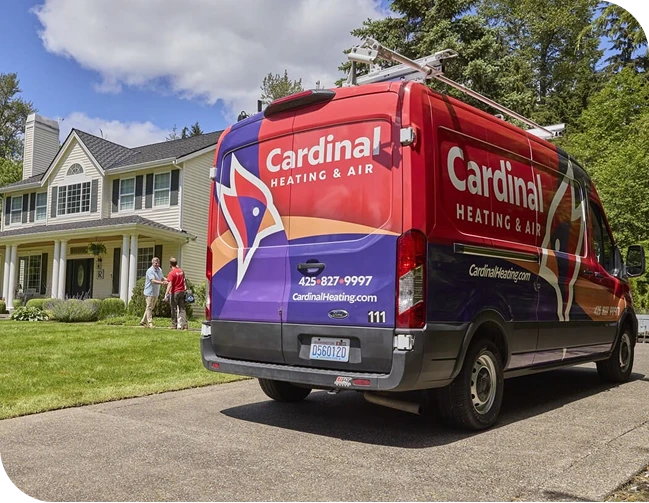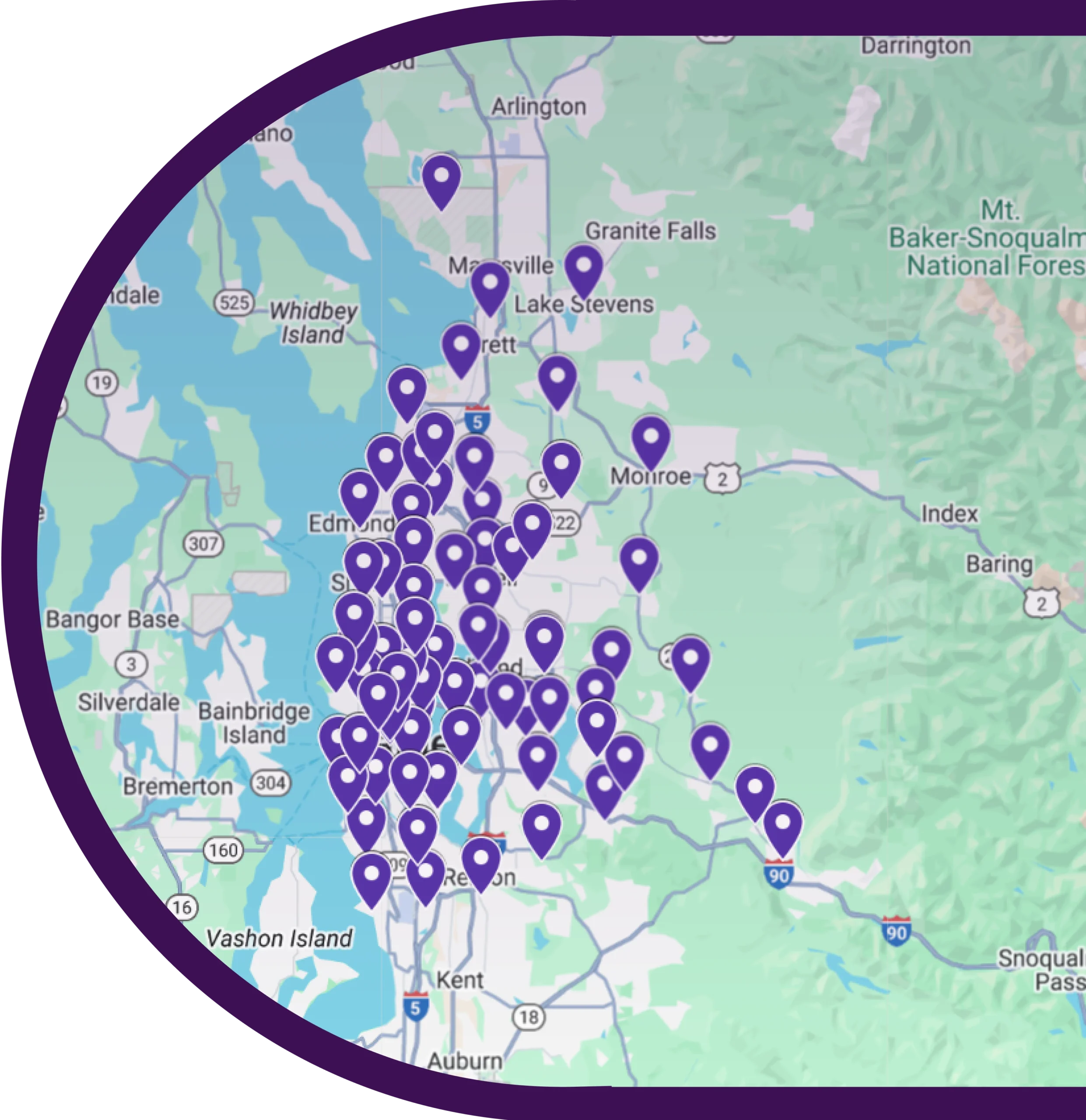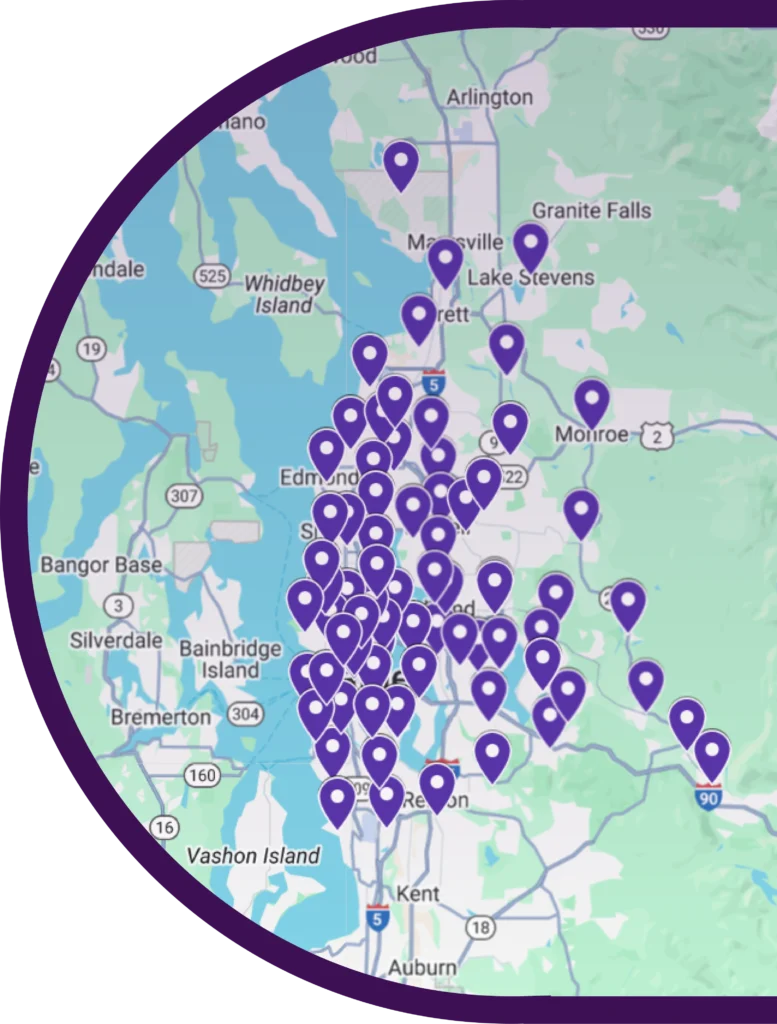What you get from Cardinal Heating & Air:
We Are Trusted By Many Homeowners





The cost to install a residential heat pump can vary a lot depending on which unit you choose. Sometimes it can be a smaller unit, depending on the size of the home. Other times the home requires a larger unit, and the price could go up. No matter what unit you decide upon for your home heat pump, Cardinal Heating, Air & Plumbing will come out to your house and give you a competitive, upfront installation heat pump quote.
No, installing your own heat pump is not recommended. This is an investment that is going to be attached to your house for over a decade, so you want to make sure that it is installed correctly and is able to work at peak performance for the time that you have it. Our local team at Cardinal Heating, Air & Plumbing is prepared to come to your house, diagnose your exact problem, and give you a transparent pricing quote to replace or install your home heat pump.
A residential home heat pump can last for years depending on how much it is used and the conditions in which it is being used, as well as how often it is maintained. Call Cardinal Heating, Air & Plumbing today to have a top-rated technician come out to your house and give you a competitive and transparent estimate on your home heat pump installation or replacement.
A heat pump is quite different from your standard furnace or boiler, in that it can heat as well as cool your home. Several factors can determine how much a new heat pump installation will cost, but the type of heat pump you choose has the largest impact. Our expert HVAC technicians at Cardinal Heating, Air & Plumbing will help you narrow down the best heat pump options for your home. The 4 main types of new heat pump installations available are:
Typically the most common heat pump to install, air-to-air heat pumps absorb heat directly from the outside air and move it inside to heat your home. Air-source heat pumps can be installed into ductless or ducted systems and are more fuel-efficient than a furnace or boiler, as they lack any combustible components by using electricity to power them.
Ground-source heat pump installations require natural heat from the earth to warm or cool your Kirkland, WA home. Piping is laid under your home that is then filled with water, which is circulated by the heat pump. The water is then heated in the winter (or cooled in the summer) by the earth under your home, which stays at 50 degrees year-round. The warmed or cooled water is circulated to the surface of your heat pump, which in turn heats the air and is blown into your home.
Water-to-air systems require access to a well, or other body of water nearby, in order to work. They function similarly to air-source heat pumps, with the exception that it uses a pipe system surrounded by water to extract and dissipate heat rather than through the air.
Another common application of a new heat pump installation is with a ductless heating & cooling system. Mini-split systems can function on their own or they can supplement an existing HVAC system, such as a furnace or boiler.
![[account_name] are your local heat pump installation experts near [primary_location]](https://cardinalheating.com/wp-content/uploads/2025/08/Heat-Pump-Installation.webp)
At Cardinal Heating, Air & Plumbing, we are committed to ensuring that individuals with disabilities enjoy full access to our websites. In recognition of this commitment, we are in the process of making modifications to increase the accessibility and usability of this website, using the relevant portions of the Web Content Accessibility Guidelines 2.0 (WCAG 2.0) as our standard. Please be aware that our efforts are ongoing. If at any time you have difficulty using this website or with a particular web page or function on this site, please contact us by phone at (425) 505-4003; or email us at (repair@cardinalheating.com) and place “Web Content Accessibility (ADA)” in the subject heading and we will make all reasonable efforts to assist you.